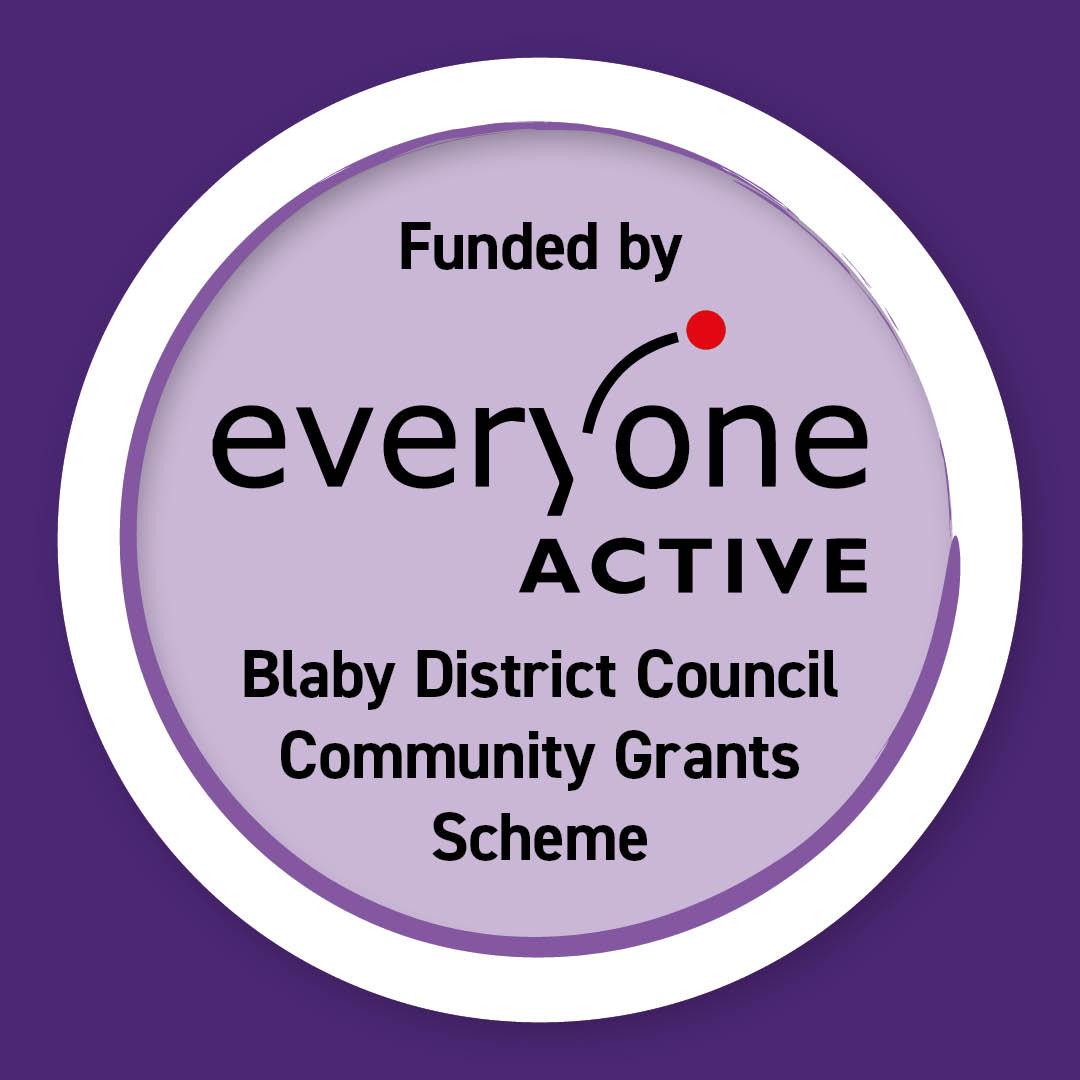GENERAL INFORMATION ON BORDERLINE PERSONALITY DISORDER
Borderline Personality Disorder Information
What is BPD.
Borderline Personality Disorder (BPD) is a complex mental health condition that affects the way a person thinks, feels, and relates to others. It’s not about being “difficult” or “overly emotional” — it’s about living with intense inner pain, unstable relationships, and a fragile sense of self. In this blog, we break down what BPD really is, how it’s diagnosed, and why understanding it with compassion — not judgment — can change lives.
Diagnosis
Diagnosing Borderline Personality Disorder (BPD) isn’t always straightforward — symptoms can overlap with other conditions and often change over time. But getting the right diagnosis is a turning point. It helps people make sense of their experiences, access the right support, and begin a path toward recovery. This piece explains how BPD is diagnosed, what an assessment typically involves, and why early, accurate recognition can be life-changing.
Causes
The causes of Borderline Personality Disorder (BPD) are complex and never the same for everyone. Genetics, brain development, early relationships, and traumatic experiences can all play a role — but no single factor explains it alone. Understanding these contributing influences can reduce stigma and shift the focus from blame to support. This piece explores what we know about the roots of BPD and why compassion is key in every conversation.
Symptoms
Borderline Personality Disorder (BPD) is marked by intense emotions, unstable relationships, and a fragile sense of self — but the symptoms go deeper than many realise. People with BPD may struggle with chronic emptiness, fear of abandonment, impulsive behaviour, or episodes of anger and despair. These experiences can be overwhelming, but they are also deeply human. This piece highlights the importance of a diagnosis.
Recovery
Recovery from Borderline Personality Disorder (BPD) is possible — but it doesn’t happen overnight. It often involves learning new ways to cope with emotions, building trust in relationships, and finding stability over time. Progress can be slow and uneven, but with the right treatment and support, lasting change is achievable. This piece looks at what recovery really means and why every small step forward counts.
Management
Living with Borderline Personality Disorder (BPD) can be challenging — but with the right support, it can also be manageable. Therapy, medication, lifestyle changes, and strong relationships all play a part in building stability and hope. There’s no one-size-fits-all approach, but recovery is possible. This piece explores the most effective ways to manage BPD and the importance of patience, self-compassion, and consistent care.
Comorbidities
Borderline Personality Disorder (BPD) often doesn’t occur alone. Many people also experience depression, anxiety, eating disorders, PTSD, or other mental health conditions alongside it. These overlapping symptoms can make diagnosis and treatment more complex — but also more important. This piece explores the most common comorbidities with BPD and why a joined-up, compassionate approach is essential for recovery.
Prognosis
Borderline Personality Disorder (BPD) has long been misunderstood as untreatable, but research shows that many people recover with the right support. Over time, intense symptoms often lessen, and stability becomes possible. With access to therapy, a strong support network, and self-awareness, people with BPD can lead fulfilling lives. We explore what recovery can look like and why long-term outcomes are hopeful.
Staying healthy
Staying healthy with Borderline Personality Disorder (BPD) means more than managing symptoms — it’s about building a life that feels stable, meaningful, and connected. Daily routines, sleep, nutrition, movement, and supportive relationships all play a role. While progress can be uneven, healthy habits provide a foundation for long-term wellbeing. This piece looks at practical ways to stay well with BPD and why small, consistent steps can make a big difference.
take one of our courses
Our BPD courses for carers provide practical tools, clear explanations, and compassionate guidance to help you support your loved one while protecting your own wellbeing.
Developed with input from clinicians and families, the sessions cover communication, boundaries, crisis management, and emotional resilience.
You’ll learn strategies that really help — grounded in evidence and lived experience.
Open to parents, partners, siblings, and friends across the UK.
Please note: This course is educational and not a substitute for professional therapy or medical care.
Find out more and register
INFORMATIONAL VIDEOS ON BPD










